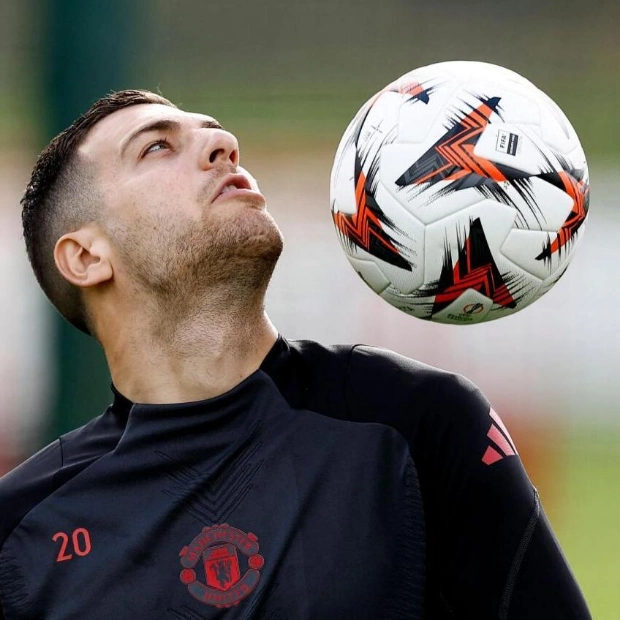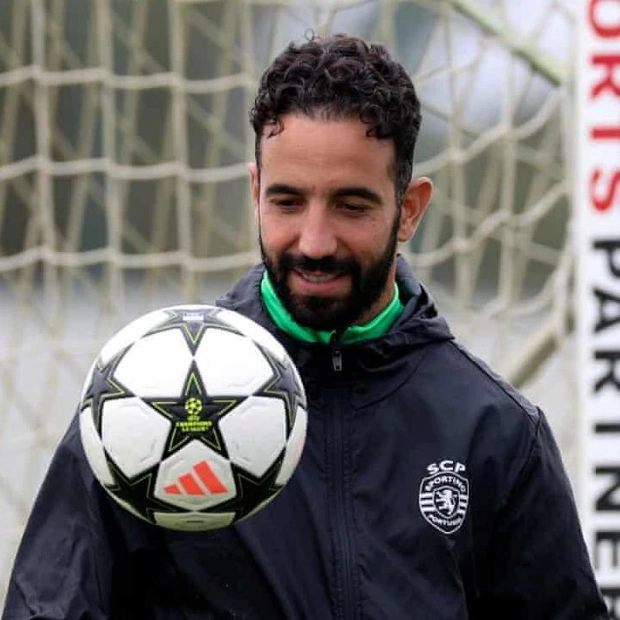The heavy brigade's charge ended face down in the dirt, just an inch short of the mark. With one man up and nine points down, and 11 minutes left to play, England were right on South Africa’s try-line, so close to the score they needed to seize control of the match. Harry Randall was confident he could make it, taking three strides towards the line before being tackled. Dan Cole followed, gathering the ball and pressing on. Cole reached the line but couldn't push further. The South African tacklers held him there, forcing his face into the ground as the attack unraveled behind him.
The match-winning moment came and went, as it often does for this England team. It slipped away like a Springbok wing evading a tackle. After the match, they discussed the positives, as they always do. The effort, the endeavor, the bravery, the relentless pursuit despite the blows, like a boxer who prides himself on staying upright after taking punches. But the harsh reality is that this year has clearly exposed England’s limitations. This marks their fifth consecutive defeat, three against New Zealand, one each against Australia and South Africa, the last by the widest margin yet.
Steve Borthwick claims they are a developing side, but honestly, the only thing they’re growing is a losing habit. They are a good team that makes too many mistakes and misses too many chances to be great. They have taken on the character of their head coach, who, during his international playing days, was always fronting up but often falling short, bloody, broken-nosed, and bewildered.
They endured an immense amount of punishment in this match. The game between these two teams is always thunderous. It could be plotted on seismographs. In Twickenham, oaks were falling, in Richmond, pictures were tumbling from walls, and as far away as Acton, someone had a vase topple from their mantel. What do they feed these Springbok forwards?
Maro Itoje spent most of the match being tossed around like a raft in the Roaring Forties. Twice in the first half, he was blown off his feet and carried backwards by the force of the Springbok tackles. He was hit by Ox Nche and Wilco Louw, then again by Siya Kolisi and Pieter-Steph du Toit. By the end of the game, he was being thrown down like a ragdoll by Cobus Reinach. England’s clever plan to throw their first line out over the top to Ben Earl ended with him being steamrollered by Kolisi, whose tackle made you hope his mother wasn’t watching.
Jack van Poortvliet spent the entire half trying to escape the shadow of Eben Etzebeth, who came at him like a barn door falling on Buster Keaton. The scrum turned into enhanced interrogation, usually requiring presidential approval and open to challenge in international courts. There were three in the first eight minutes. England barely survived the first, but Van Poortvliet snapped the ball away before they buckled. By the end of the half, South Africa were picking up back-to-back penalties. It was only when they were forced to make staggered changes to their front row that England managed to gain parity. There wasn’t an easy inch or a ready breath to be had.
They kept pushing, but the punishment started to show. In the second half, England were falling off tackles and flagging into contact. Their replacements couldn’t improve the situation. Luke Cowan-Dickie blew an attacking lineout when penalized for a dummy throw, and Randall bungled another by knocking the ball on while gathering it.
These Springboks, as Borthwick noted, are “a very, very good team”. But they’ve lost twice this year, once to Argentina when Manie Libbok missed a kick in the final minute, and then to Ireland when Ciarán Frawley made one. They are beatable, but not by this England team, who, despite their resilience, seem to lack that extra something needed when the pressure mounts. Borthwick is a good man, but listening to him talk afterward, it’s hard to believe he knows what it is, much less where to find it.
Source link: https://www.theguardian.com






